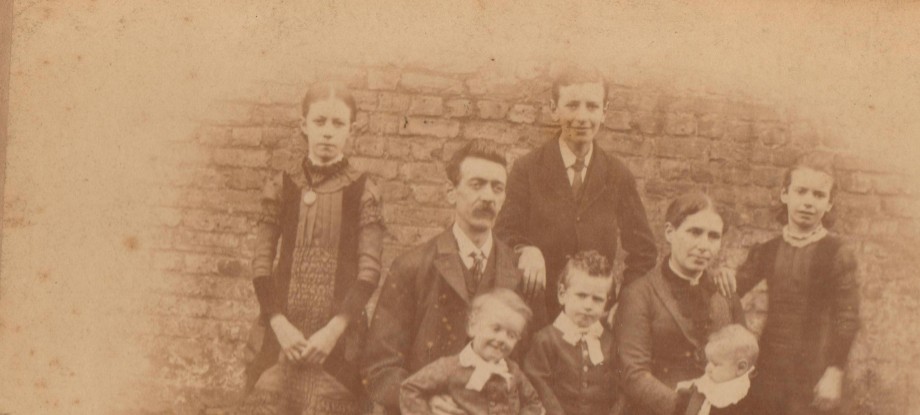The phrase “Mother Tongue” has always intrigued me. Up until a few years ago I didn’t even think very much of it. To me it had always meant a person’s first language, period, no more and no less. There didn’t seem to be anything more interesting to know or even learn about the expression. However, having recently observed how children pick up languages and by whom, I came around to an altogether different understanding of the phrase, one that called my own assumptions into question.
Today, because we live in an increasingly “globalised” world, our country of birth may not be our country of death or even the place where we ever live again after we are born. We are comfortable with the notion of moving many times over the course of our lives, whether between cities or amongst countries. We learn different languages, marry into different cultures and often have two, three or more different careers over the course of our lives. We no longer necessarily identify ourselves with one country or culture but rather think of ourselves as part of the larger world, “a citizen of the world”. All of this is already “normal” and increasingly so with every new generation.
So, in the midst of all this variety in life, what do we identify with when we question who we are or, indeed, when somebody else questions who we are? How do we answer? What do we say? Whatever we communicate, we do it through language. If we happen to speak only one language, then we probably have a fairly coherent sense of self, applying more weight to other characteristics about ourselves when we attempt to answer such questions. However, if we speak two or more languages then the languages themselves are often a greater or equal weight to the other characteristics which make up the rest of our personality and identity. And between the languages or amongst them, there always exists a primary one, often termed a person’s “mother tongue”.
Babies and small children tend to spend the majority of their time with the mother, at least this has historically been the case, therefore any knowledge of words, communication and language had a propensity to be formed by the mother, hence the phrase “mother tongue”. Despite where the child was born or reared, the mother was the central and significant role model and the primary educator when it came to early awareness and knowledge of the world around the child. Today, fathers play an increasing role in child-rearing, as do caretakers such as nannies, grandparents or older siblings. Regardless of whether the mother today continues to play the primary role in a child’s early life however, the phrase “mother tongue” has stuck. In today’s world, at some point during our lives and especially if we speak more than one language, we will be asked, “What is your ‘mother tongue’?” Hardly anybody asks, “What is your ‘first language’?”, or even “Which country are you a ‘native speaker’ of?” Yet we all use these phrases interchangeably. But are they interchangeable?
The differences between the phrases “mother tongue”, “first language” and “native speaker” are at first insignificant because most of us tend to use the phrases to mean the same thing. However, after some research, the phrase “mother tongue” comes from “…the assumption that the linguistic skills of a child are honed by the mother and therefore the language spoken by the mother would be the primary language that the child would learn”. There exists a peppering of other attempts of a definition as well, including “the language one learned first…identifies with…knows best…”.
Separately, the phrase “first language” is thought to mean “…a part of [a child’s] personal, social and cultural identity”. It is also often thought to mean the language a child has learned from birth or the one they are most comfortable speaking or thinking in and therefore their basis for sociolinguistic identity.
Still different, the phrase “native speaker” is defined by a variety of guidelines according to an article entitled, “The Native Speaker: An Achievable Model?” including “the individual acquired the language in early childhood…has intuitive knowledge of the language…does not have a foreign accent”. Here more than in the other descriptions, weight is placed on the intuitiveness one has about a language; inherently knowing the language by having learned its rules unconsciously through experience rather than learning all of its grammatical rules from a textbook.
Hmmm…so how does one define the primary language of a child who is born outside their mother’s own country of origin but speaks only their “mother’s tongue” until they start nursery school and then begins to speak the language of the country in which the family lives with such facility that that language ends up being their “first language” and the child grows up being considered a “native speaker” of that second country? I still haven’t answered this question about myself.
© Kristina Tzaneff



2 Responses to What is a “Mother Tongue”?